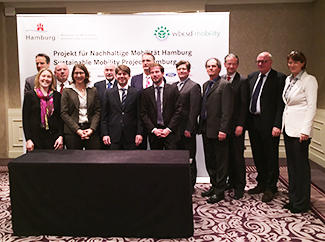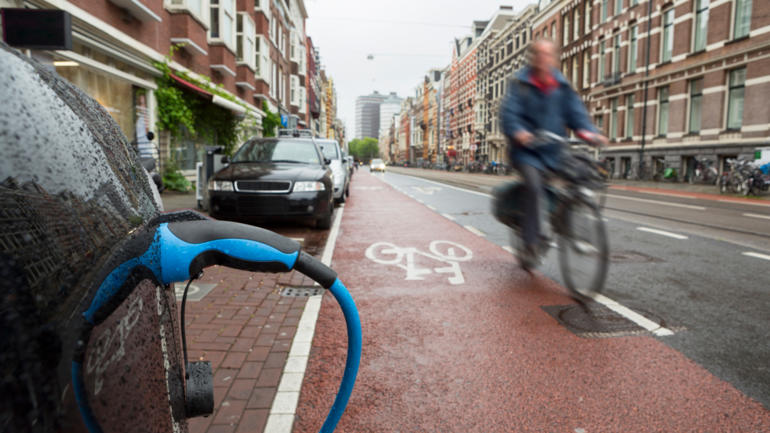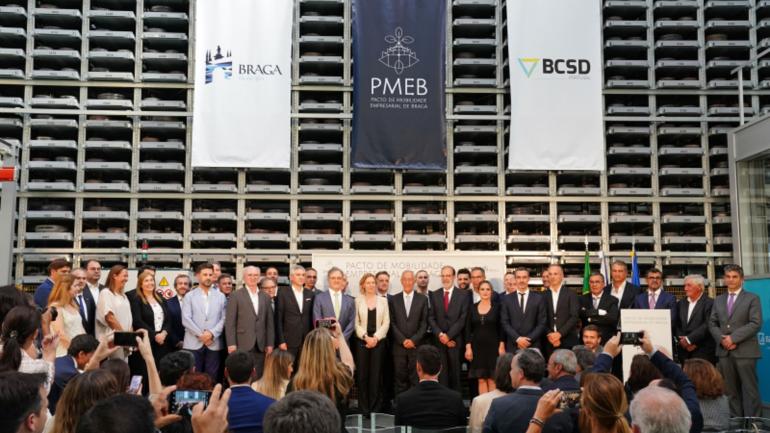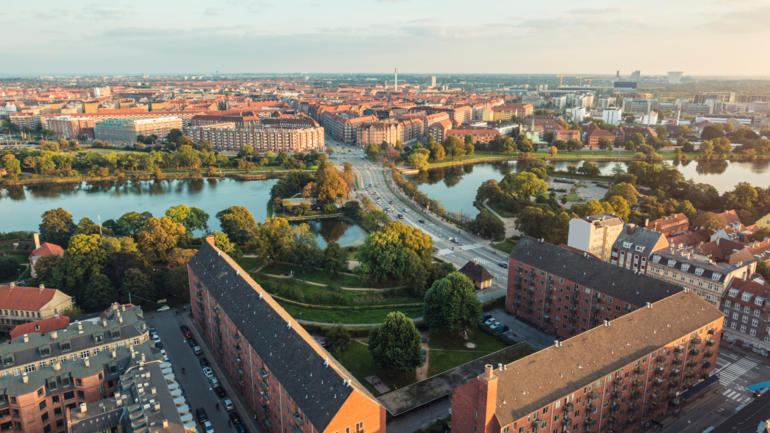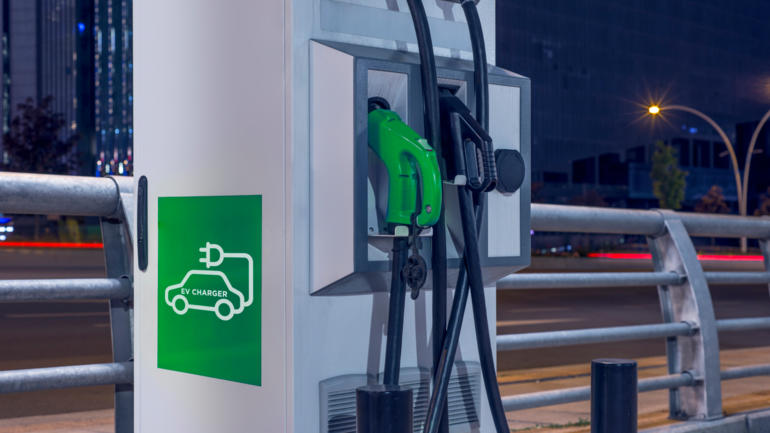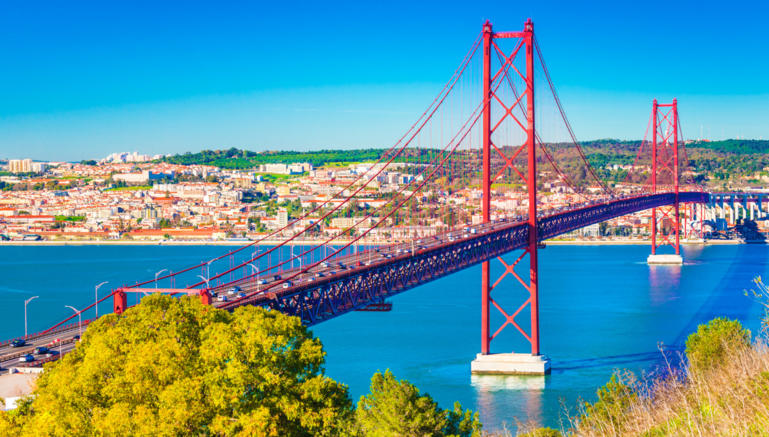Hamburg, Geneva, Stuttgart, 5 December 2014: On December 5, 2014, Andreas Rieckhof, Hamburg’s Secretary of State for Economy, Transport and Innovation, and Michael Fahy, Director of the WBCSD Sustainable Mobility Project (SMP2.0), have signed a cooperation agreement until the end of 2015.
The cooperation is part of the WBCSD’s Sustainable Mobility Project (SMP 2.0) which aims at scaling up latest technologies and traffic management approaches to improve mobility in cities worldwide. WBCSD has established a city task force with Hamburg’s Department for Economy, Transport and Innovation, which will, at an initial stage, work under the leadership of Daimler along with the participation of BMW, Brisa, Deutsche Bahn, Ford, Fujitsu, Pirelli, Toyota and Volkswagen to analyze Hamburg’s mobility situation in relation to criteria such as environmental compatibility, economic efficiency and quality of life. Based on this analysis, the WBCSD will develop recommendations on how to improve sustainability in Hamburg’s transportation system.
Andreas Rieckhof, Hamburg’s Secretary of State for Economy, Transport and Innovation, said: “The cooperation with the World Business Council for Sustainable Development and its member companies will generate new thoughts for improving the sustainability of transport in Hamburg. We expect the project to provide valuable input for our ongoing process of sustainable urban mobility planning.”
Michael Fahy: “By working with leading cities such as Hamburg, this project will help cities move towards improving sustainable mobility for all. The city has shown significant interest in the project and clearly has a great desire to improve the movement of people and goods and make that process more sustainable.”
Eckart von Klaeden, Vice President External Affairs, Daimler and leader of the WBCSD’s city task force for Hamburg, said “All member companies including Daimler are highly committed to tackling the challenge of sustainable urban mobility. Our aim is to help Hamburg strengthen its role as an innovative mobility center.”
The ultimate goal of the SMP2.0 is to accelerate and extend access to safe, reliable and comfortable mobility for all, whilst aiming for affordability, zero traffic accidents, low environmental impacts, and reduced demands on energy and time.
In 2013, the WBCSD categorized global cities into six clusters according to their mobility characteristics and nominated six cities as pilots to develop a roadmap for sustainable mobility together with city government and related stakeholders. Hamburg was chosen along with Lisbon (Portugal), Campinas (Brazil), Chengdu (China), Indore (India), and Bangkok (Thailand).
Member companies of the worldwide Sustainable Mobility Project
BMW, BP, Bridgestone, Brisa, Daimler, Deutsche Bahn, Ford, Fujitsu, Honda, Michelin, Nissan, Pirelli, Shell, Toyota, Volkswagen.



